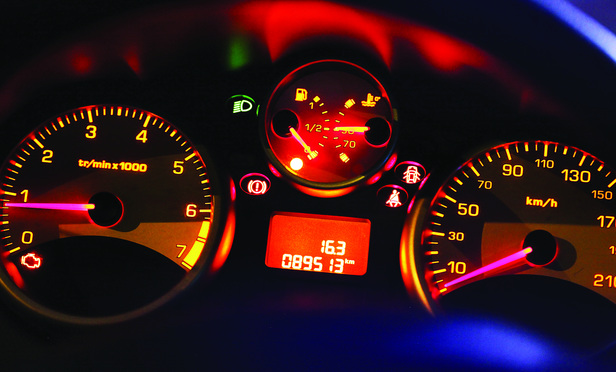You get in your car to head to work one morning only to find a message saying that your vehicle’s systems have been locked, and they won’t be released until you send $100 in bitcoins to an untraceable account. Now imagine that the same thing happens to the hundreds of thousands of owners of a particular line of vehicle. This scenario may seem farfetched, like the beginning of a science fiction movie. However, in reality, this scene is a variation on ransomware, a form of cyber attack that is estimated to affect 600,000 computer systems each year. There have yet to be any reported ransomware attacks on vehicles, but with the current and future state of vehicle cybersecurity, the question is when and not if cyber attacks will occur.
Vehicle technology is advancing at a rapid pace, with fully automated driving the ultimate goal. As a result, the vehicles of today and tomorrow in many ways are more P.C. than Model-T. The sensors, data connections and software that will ultimately revolutionize driving also create cyber-vulnerabilities that present unique safety and privacy concerns not previously experienced in the automotive industry.
This content has been archived. It is available through our partners, LexisNexis® and Bloomberg Law.
To view this content, please continue to their sites.
Not a Lexis Subscriber?
Subscribe Now
Not a Bloomberg Law Subscriber?
Subscribe Now
LexisNexis® and Bloomberg Law are third party online distributors of the broad collection of current and archived versions of ALM's legal news publications. LexisNexis® and Bloomberg Law customers are able to access and use ALM's content, including content from the National Law Journal, The American Lawyer, Legaltech News, The New York Law Journal, and Corporate Counsel, as well as other sources of legal information.
For questions call 1-877-256-2472 or contact us at [email protected]



